Practice and research of peace education has grown in the current years as shown by a gradually increasing number of publications, programs, events, and funding mechanisms. The often cited point of departure for the peace education community is the belief in education as an important tool for decreasing the use of violence in conflict and for building cultures of positive peace hallmarked by equitable and just structures. Educators and organizations implementing peace education activities and programming, although, often lack the tools and capacities for evaluation and therefore pay scant regard to this step in program management. Reasons for this inattention are related to the perceived urgency to highlight new and more action in the context of scarce financial and human resources, notwithstanding conflict or violence; the lack of skills and time to indulge in a thorough evaluative strategy; and the lack of institutional incentives and support. Evaluation is often demand driven by donors who stress accounting given the current context of international development assistance and budget cuts. Program evaluation is considered an additional burden to already over-tasked programmers who are unaware of the incentives and of assessment techniques. Peace education practitioners are usually faced with forcing evaluation frameworks, techniques, and norms standardized for traditional education programs and venues. In all, these conditions create an unfavorable environment in which evaluation becomes undervalued, deprioritized, and mythologized for its laboriousness.
Peace Education Evaluation, (PDF) delivers three interrelated objectives. First, it provides a critical reflection on theoretical and methodological issues regarding evaluation applied to peace education interventions and programming. The underlying questions of the nature of peace and the principles guiding peace education, along with governing theories and assumptions of change, transformation, and complexity are explored. Second, the volume explores existing quantitative, qualitative, and mixed methods evaluation practices of peace educators in order to identify what needs related to evaluation persist among practitioners. Promising practices are presented from peace education programming in different settings (formal and nonformal education), within various groups (e.g. children, youth, police, journalists) and among diverse cultural contexts. Finally, the volume offers ideas of evaluation, novel techniques for experimentation, and creative adaptation of tools from related fields, in order to offer pragmatic and philosophical substance to peace educators’ “next moves” and encourage the agenda for continued exploration and innovation. The authors come from a number of fields including education, peace and conflict studies, educational evaluation, comparative education, development studies, economics, and psychology.
NOTE: The product includes the ebook, Peace Education Evaluation, in PDF. No access codes are included.

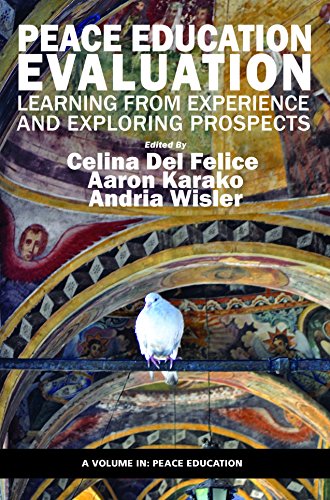
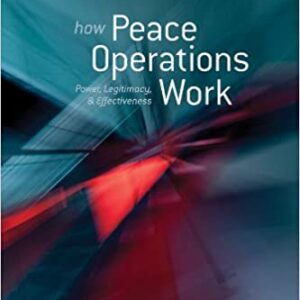

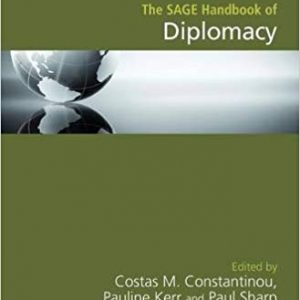

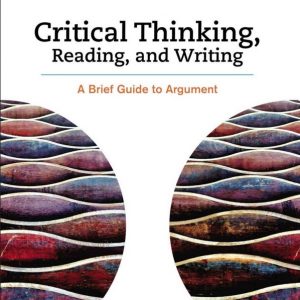
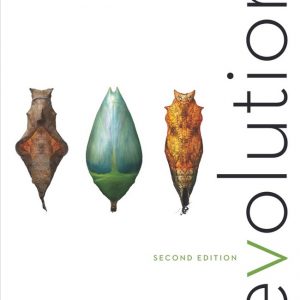

Reviews
There are no reviews yet.